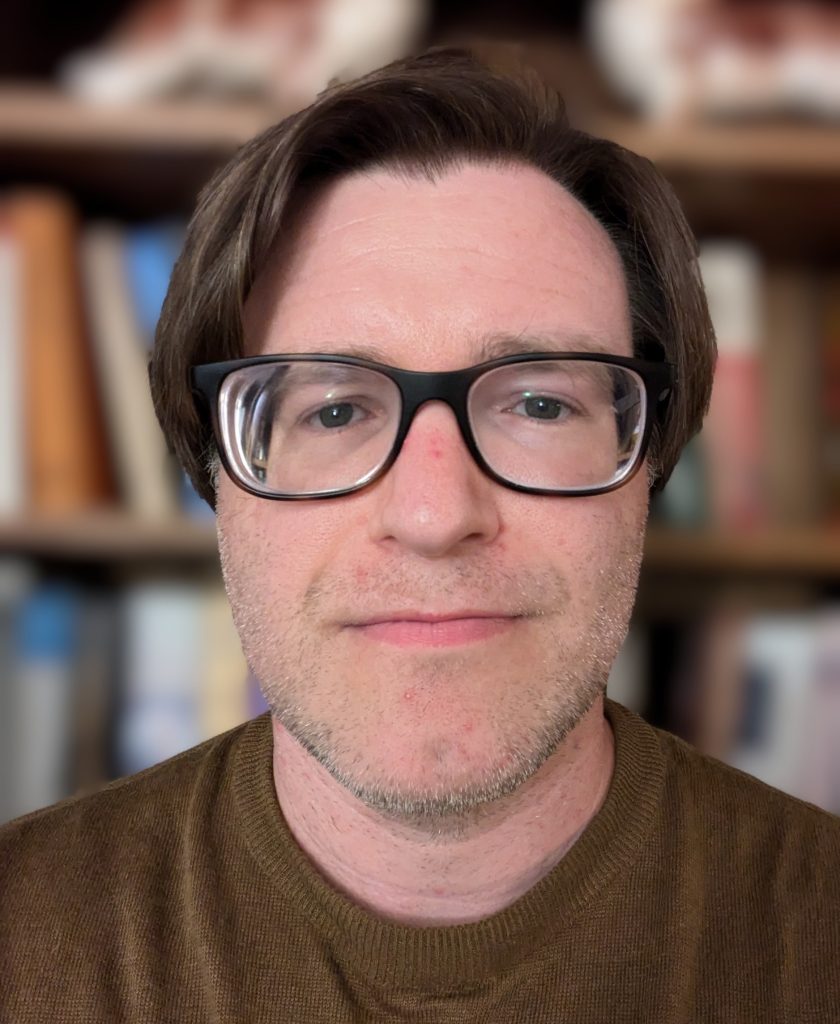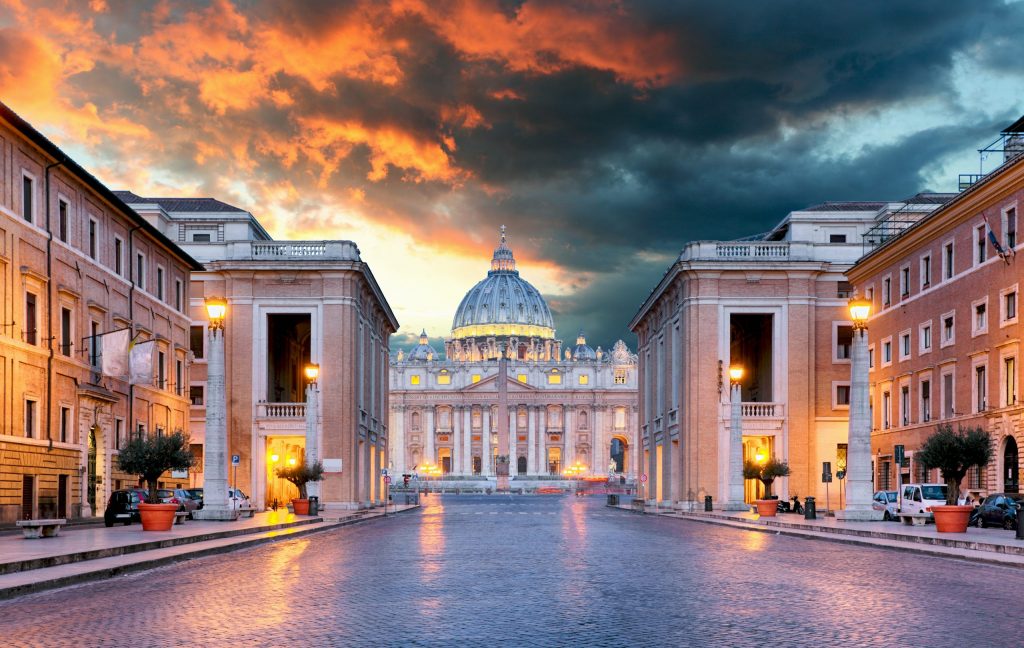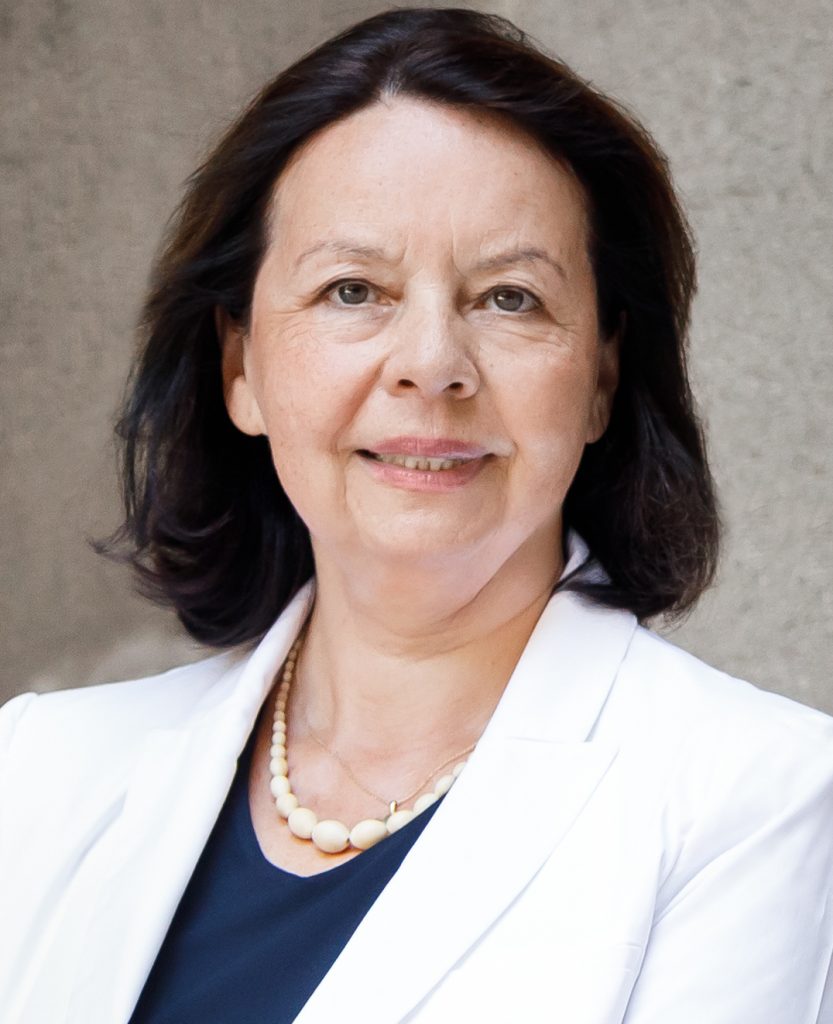Human Dignity, Human Rights, and the Image and Likeness of God

Nathaniel Wood is the associate director of the Orthodox Christian Studies Center of Fordham University, where he serves as managing editor of The Journal of Orthodox Christian Studies and the blog Public Orthodoxy.
The Vatican declaration Dignitas Infinita bears witness to the somewhat ambiguous relationship between human dignity and human rights. The text itself affirms what became the prevailing understanding in the latter part of the twentieth century, enshrined in seminal documents like the Universal Declaration of Human Rights and the International Covenant on Civil and Political Rights: namely, that rights “derive from the inherent dignity of the human person.” Although this treatment of dignity as the basis of rights bears Catholic influence through the contributions of figures like Jacques Maritain, the documents themselves tend to employ a minimalist concept of dignity. By strategically avoiding philosophical or religious specificity, the documents gain broad support from those who hold to various conceptions of dignity, allowing signatories to affirm human rights based on their own culturally specific conceptions.


